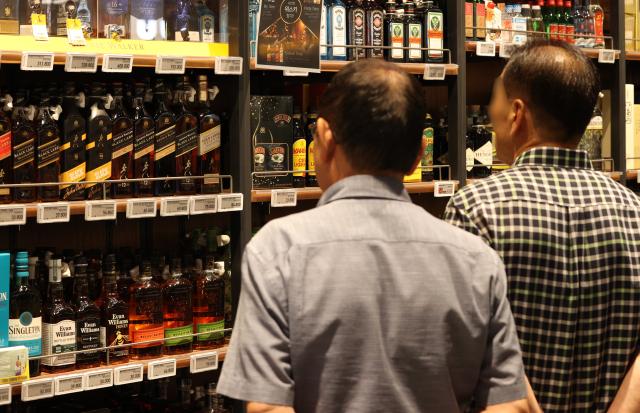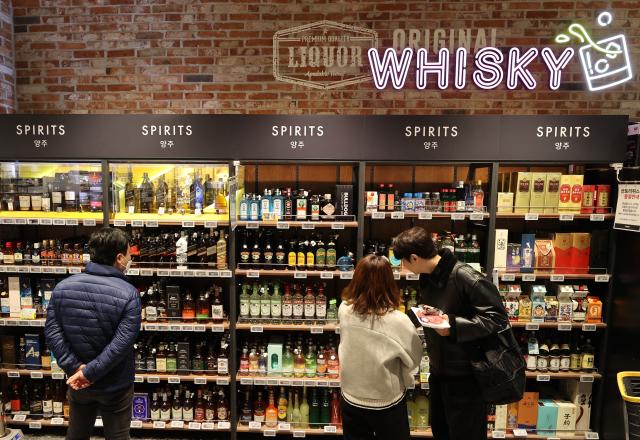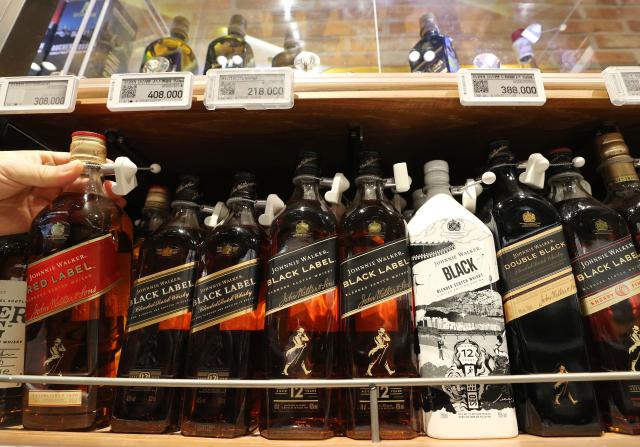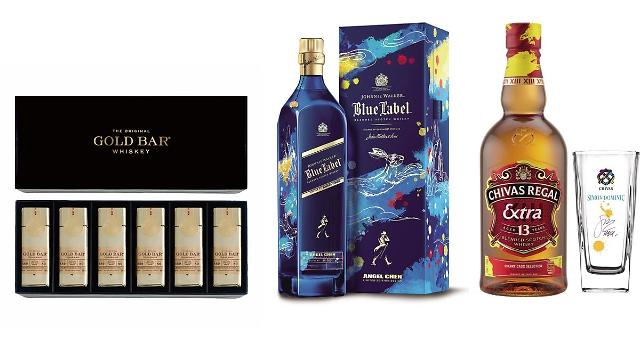
The consumption of whisky and other foreign-made alcoholic drinks has gained popularity among young consumers since the beginning of the COVID-19 pandemic in early 2019. The culture of "solo-drinking" or "home-drinking" spread among people who wished to spend their unique time at home alone or with one or two close friends.
The home-drinking culture soon evolved into a new trend when people decided to spend more than about 1,500 won ($1.1) for a 360-milliliter bottle of Soju, South Korea's favorite liquor made with neutral spirit diluted with water and other additives such as artificial sweeteners. Young people paid more to buy whisky, wine, and other exotic alcoholic drinks. Their drinking experiences and photographs were shared over social media to start a new hype trend.
Currently, about 10 months after South Korea lifted all quarantine regulations regarding the pandemic, a new drinking trend settled among young consumers and they are indulging in various cocktail drinks and "highball" drinks, Japanese-style cocktail drinks made by mixing a strong alcoholic base spirit, carbonated water, lemon juice, and ice.
According to the national customs office data released by the ruling People's Power Party lawmaker Yoon Young-seok during a National Assembly meeting on October 10, imports of alcoholic drinks including beer and whisky stood at $1.62 billion in 2022, up about 54 percent from imports of $1.05 billion in 2018.
During the same period, the exports of domestic alcoholic drinks including beer and Soju only increased by two percent from $420 million in 2018 to $430 million in 2022. The trade balance, the difference between the export and import values of alcoholic beverages, recorded a deficit of $1.2 billion in 2022. The trade deficit has increased by about 200 percent over four years from a deficit of $630 million in 2018.
While Soju maintains its position as one of South Korea's alcoholic drinks, it is not favored by foreigners because the liquor, made by diluting base spirit with water, smells and tastes similar to ethanol-based disinfectant solutions used at hospitals. Other traditional Korean drinks including Makgeolli, a Korean milky sparkling rice wine, are made by fermenting fruits, grains, and other vegetables, giving them very short shelf lives. Some Makgeolli are exported after going through a pasteurization process.




